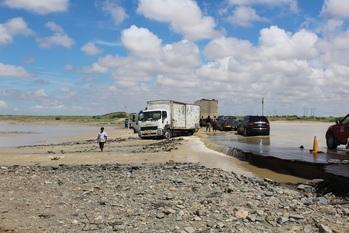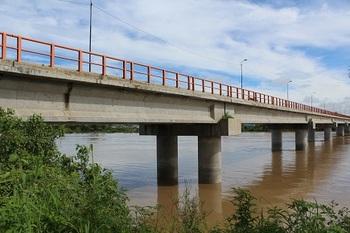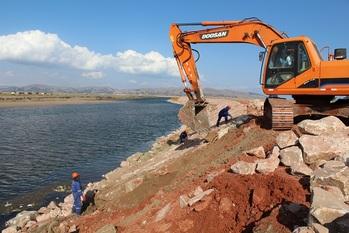Context
Many investments in developing countries are exposed to climate risks. Extreme weather events and gradual changes in climate cause damage to infrastructure and disrupt public services. This can have a severe negative impact on a country’s development. Peru, Colombia and Brazil are among the countries most affected by climate change. To minimise climate risks, the governments of the three countries intend to make climate change adaptation measures a binding requirement for public investment projects.
Objective
The ministries of economy, finance and planning in Brazil, Colombia and Peru take account of climate risks and adaptation to climate change when planning public investment projects. This helps to reduce climate-related economic, social and ecological damage to investments.
Approach
The project builds on the experiences gained in the predecessor project in Peru and extends into Brazil and Colombia. In this way, the Deutsche Gesellschaft für Internationale Zusammenarbeit (GIZ) GmbH is fencouraging an exchange of knowledge on climate risk management in Latin America.


